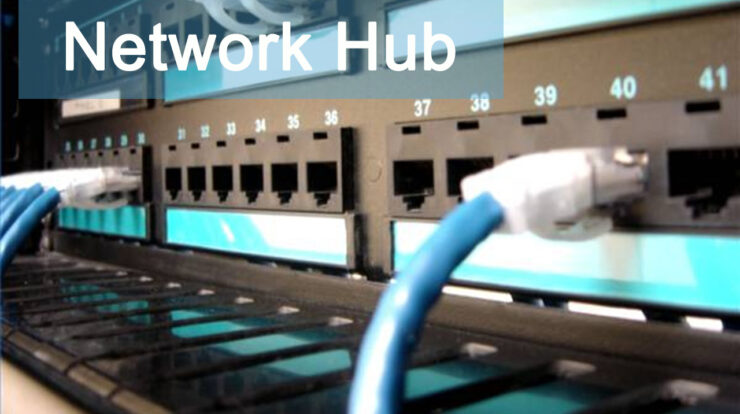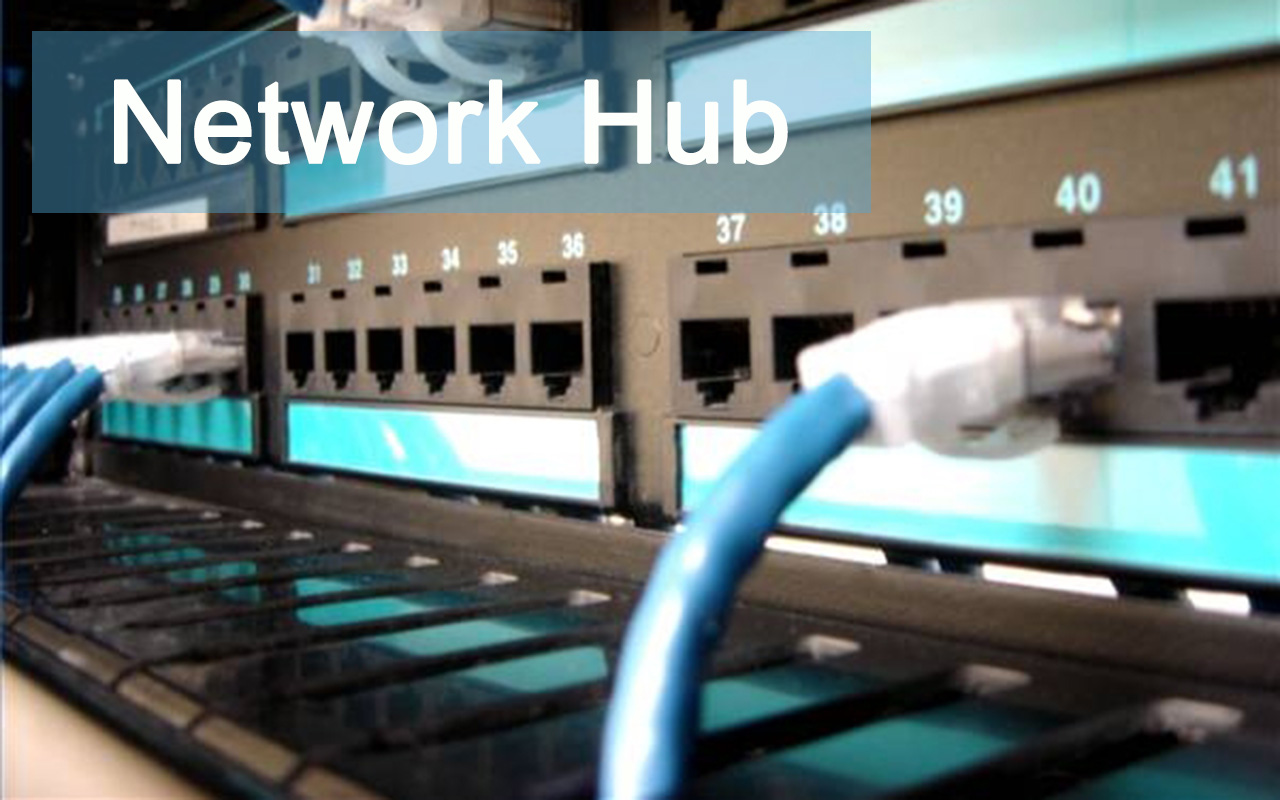
Hub def, a multifaceted term with diverse meanings across disciplines, unveils the crucial role of hubs in shaping our world. From transportation networks to technological infrastructures and social communities, hubs serve as vital connectors, enabling seamless communication, collaboration, and progress.
Delving into the multifaceted nature of hubs, this comprehensive exploration unveils their historical evolution, technological advancements, and societal implications, shedding light on their profound impact on our lives.
Definition and Etymology

The term “hub” holds multiple meanings in various contexts. It commonly refers to a central point, intersection, or meeting place that connects different elements or routes.
Etymologically, “hub” originates from the Middle English word “hubbe,” meaning “center” or “main part.” It shares roots with the German word “hub” and the Old Norse word “huf,” both denoting a central point.
Hubs in Transportation
In transportation, hubs play a pivotal role in connecting different modes of travel. Major transportation hubs include airports, train stations, and shipping ports.
- Airports:Airports serve as hubs for air travel, connecting cities and regions both domestically and internationally.
- Train stations:Train stations act as hubs for rail transportation, facilitating travel between cities, towns, and even countries.
- Shipping ports:Shipping ports are hubs for maritime trade, connecting seaports and enabling the movement of goods worldwide.
Hub-and-spoke systems, where smaller cities connect to larger hubs, offer advantages such as increased efficiency, reduced travel times, and greater accessibility.
Hubs in Technology
In computer networks, hubs are devices that connect multiple devices together, enabling data communication and network connectivity.
- Routers:Routers are hubs that forward data packets between different networks, determining the best path for data to travel.
- Switches:Switches are hubs that connect devices within a single network, providing dedicated connections and improving network performance.
- Wireless access points:Wireless access points are hubs that allow devices to connect to a wireless network, providing internet access and network connectivity.
Hubs play a crucial role in facilitating data communication, ensuring network reliability, and enhancing overall network performance.
Hubs in Business and Industry, Hub def
In the business and industry context, hubs refer to central points that connect businesses, suppliers, and customers.
- Business hubs:Business hubs are physical or virtual spaces that provide shared infrastructure, services, and networking opportunities for businesses.
- Supplier hubs:Supplier hubs connect businesses with a network of suppliers, enabling efficient procurement and supply chain management.
- Customer hubs:Customer hubs provide a central platform for businesses to interact with customers, offering support, managing inquiries, and fostering customer loyalty.
Hubs in business and industry facilitate collaboration, enhance efficiency, and drive economic growth.
Hubs in Social and Cultural Contexts
In social and cultural contexts, hubs are places that foster connections, promote knowledge sharing, and strengthen social cohesion.
- Community centers:Community centers serve as hubs for social activities, offering programs, events, and meeting spaces for community members.
- Libraries:Libraries are hubs for knowledge and information, providing access to books, research materials, and educational resources.
- Online forums:Online forums are hubs for virtual communities, connecting individuals with shared interests, facilitating discussions, and fostering a sense of belonging.
Technology has significantly impacted the development and evolution of social and cultural hubs, enabling virtual connections and expanding the reach of these important spaces.
Summary

In conclusion, hubs emerge as indispensable elements that underpin the functioning of our interconnected world. Whether in transportation, technology, business, or social spheres, they facilitate seamless connections, foster knowledge sharing, and drive innovation. As technology continues to reshape our lives, the role of hubs will undoubtedly evolve, offering exciting possibilities for the future.
FAQ Guide: Hub Def
What is the etymology of the term “hub”?
The word “hub” originates from the Middle English word “hubbe,” which referred to the central part of a wheel.
How do hubs contribute to transportation efficiency?
Hubs in transportation networks, such as airports and train stations, serve as central points for connecting different routes, optimizing travel time and reducing congestion.
What is the significance of hubs in computer networks?
Hubs in computer networks, such as routers and switches, facilitate data transmission between devices, ensuring seamless communication and network performance.





